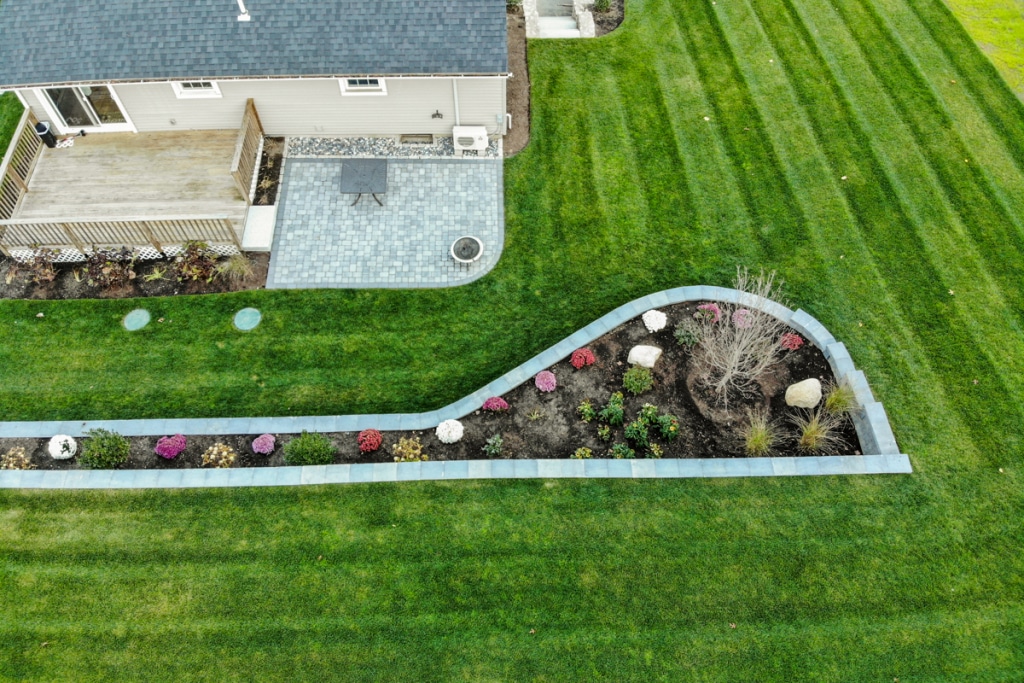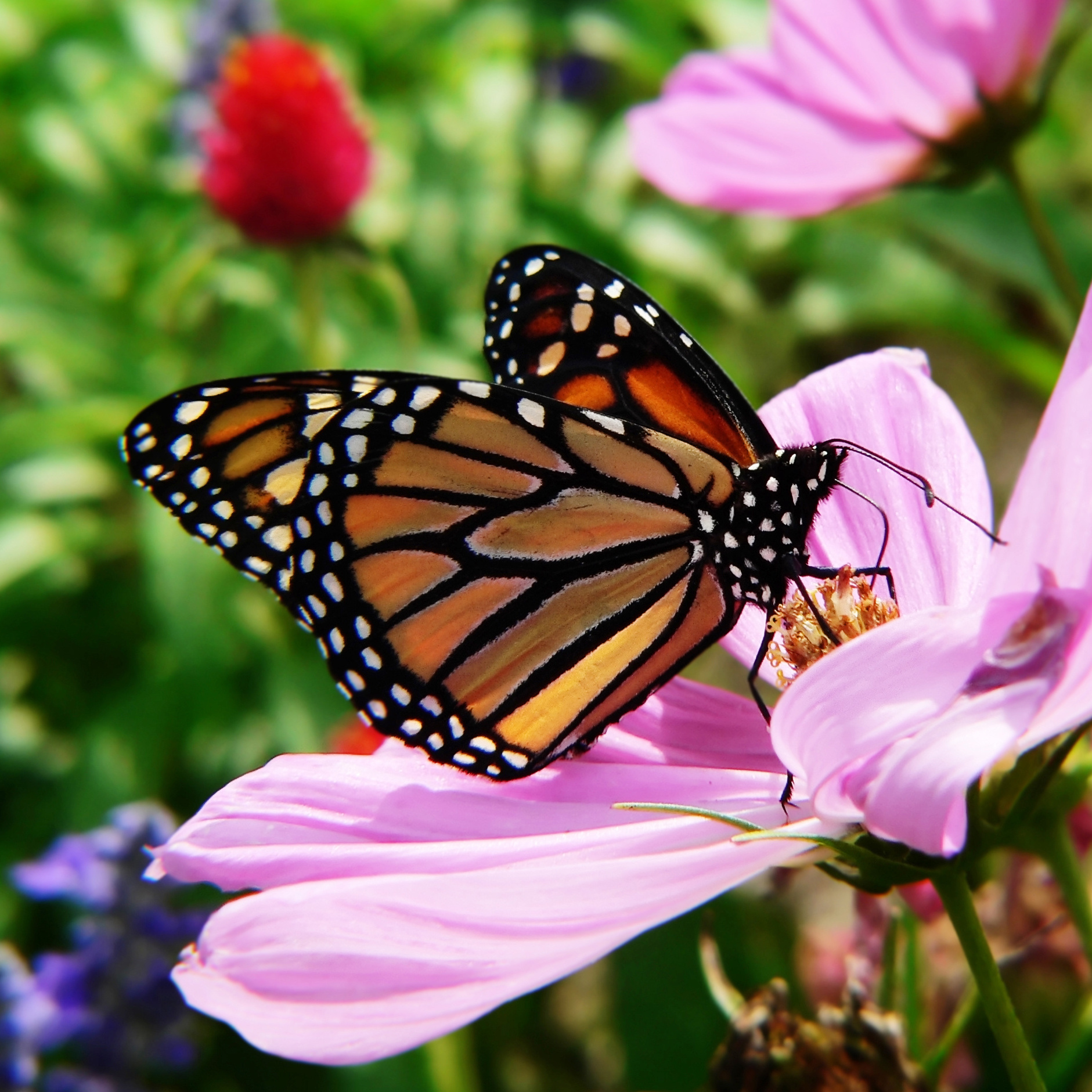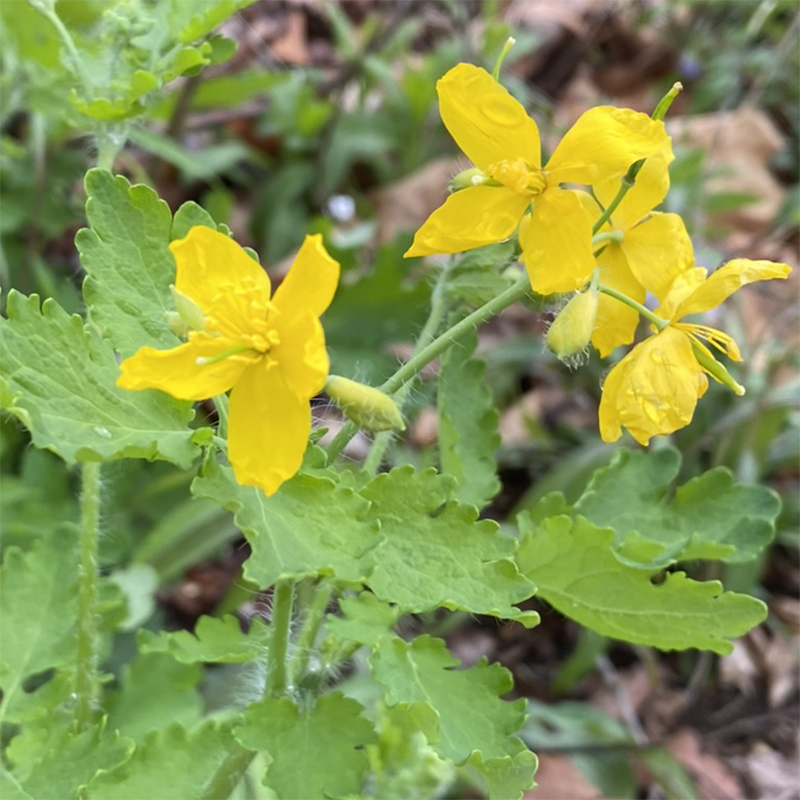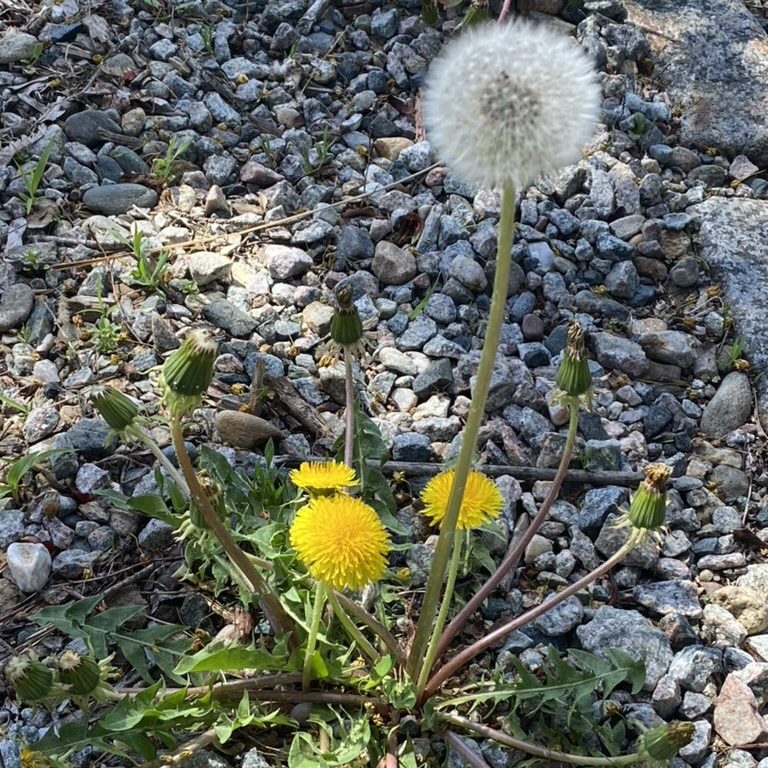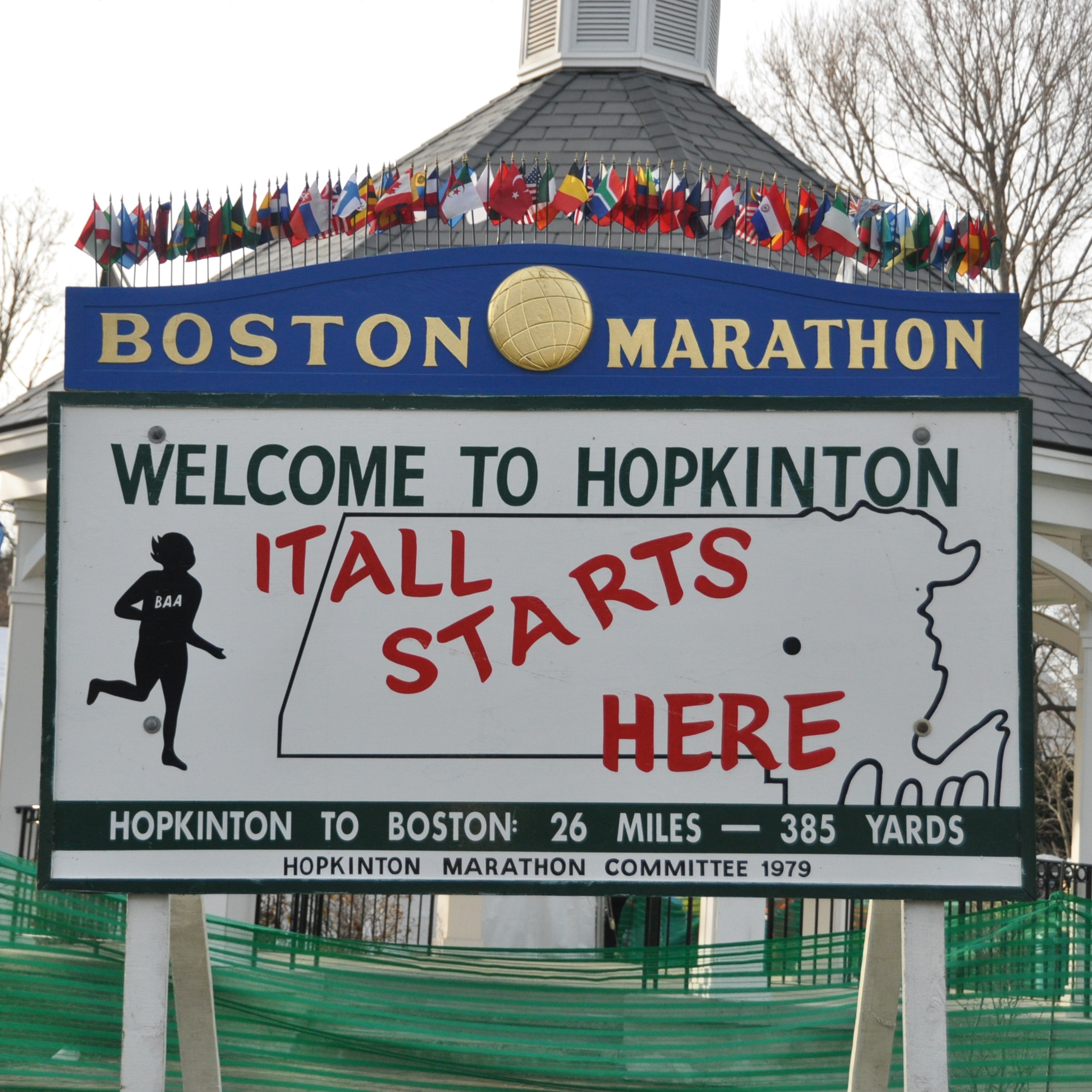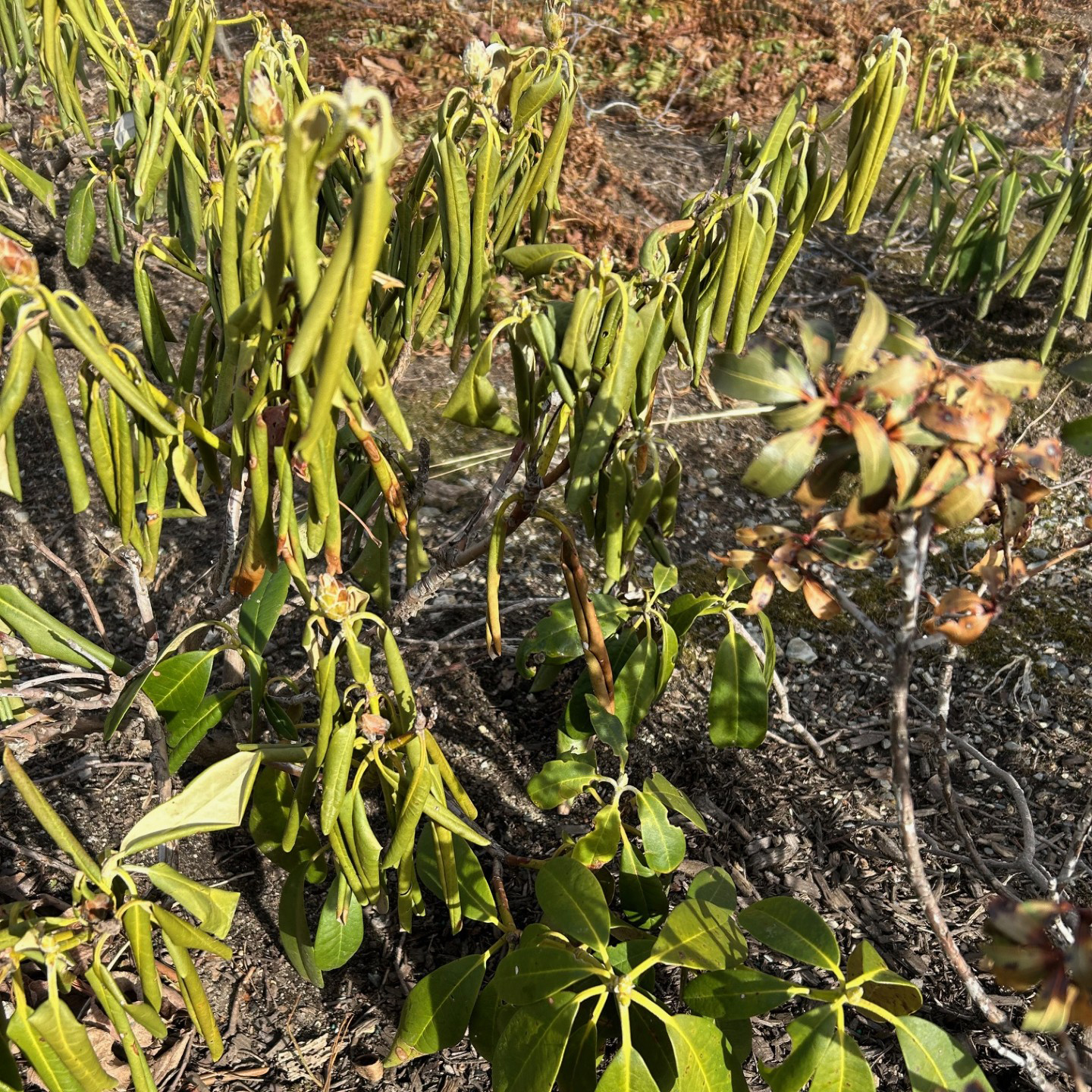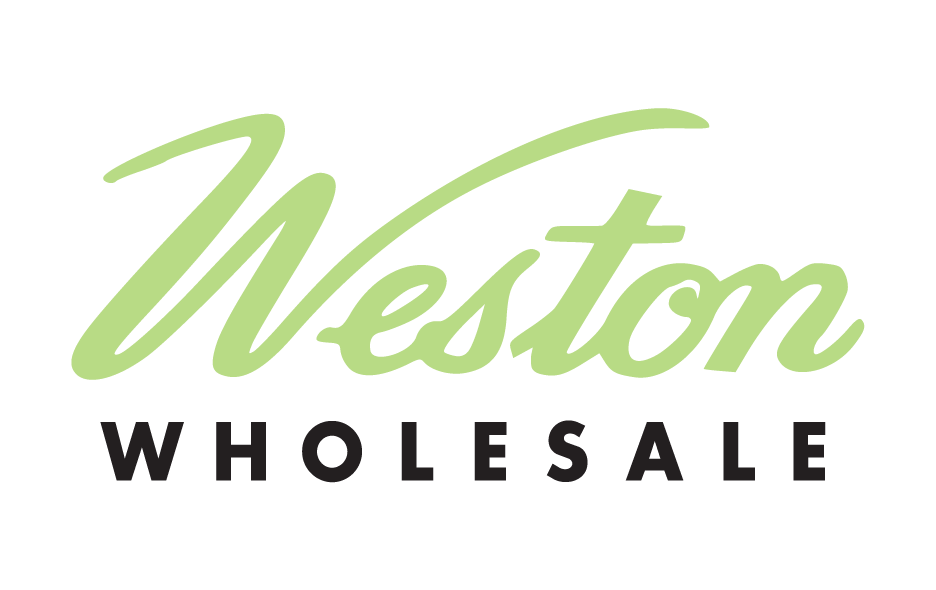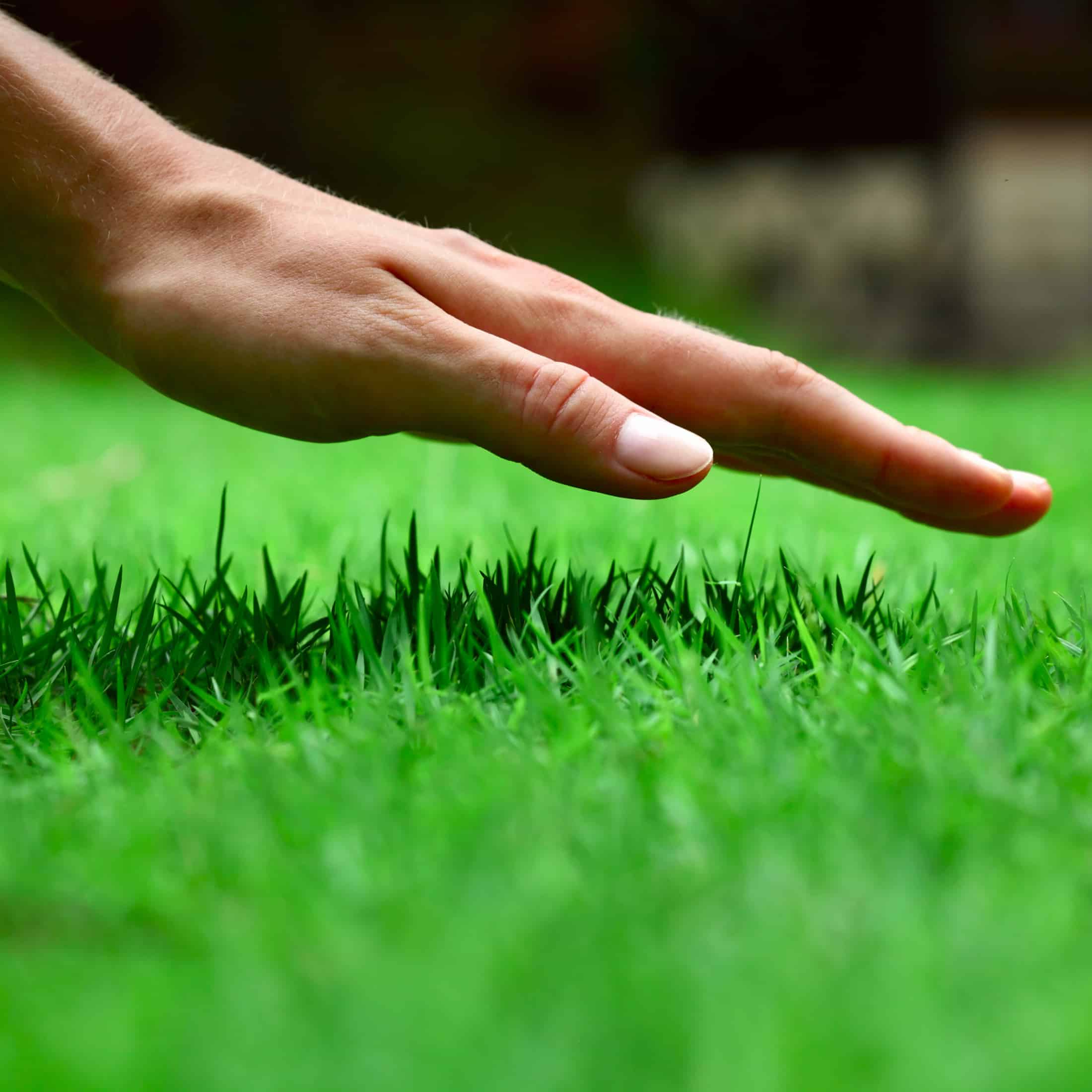
We gardeners mulch our garden beds in the summer to inhibit weed growth, to keep soil from drying out excessively between waterings, and to give our gardens a neat appearance. Mulches suited to these purposes include bark mulches or hull mulches.
But there is another set of mulches suited to other seasons of the gardening year. In winter, we need a mulch that can shade beds from the sun, prevent untimely thawing and heaving, and NOT retain moisture that might promote fungal germination in the early spring. A winter mulch is especially valuable when establishing new trees and shrubs in a site with significant sun exposure. In spring and fall, we need a mulch that can protect a newly seeded lawn from marauding birds without promoting seed molds. These three seasons are well served by such mulches as straws and hays.
The important characteristics of a winter or lawn-seeding mulch are 1) that they do not hold lots of moisture in them that can promote mildews or molds, and 2) that they do not add seeds (and grassy weeds) to your lawn or to your garden bed.
Weston Nurseries carries two winter or lawn-seeding mulches: Lucerne Farms Straw, and EZ Straw Seeding Mulch. Both are primarily straw, processed to eliminate seeds. The EZ Straw product has a tacking agent that helps keep it in place in sites exposed to strong winds. The tacking agent is vegetable based, non-toxic, and suitable for use in food gardening if you so wish. Lucerne Farms’ product has no tacking agent; if it is very dry it can blow around in wind-exposed sites, but it is a little easier to rake up when you are done with it.
In the past Weston Nurseries has carried a couple of other winter mulches; boiled shredded hay, and salt marsh hay. Boiled shredded hay is quite equivalent to our straw mulches. We may carry it again in the future, but right now the two straw mulches cover those needs.
Salt marsh hay has a long tradition in New England and Mid-Atlantic gardening. For decades it was the mulch of choice and habit for winter and for lawn seeding. It is still available in the agricultural supplies market, but becoming somewhat less so. The salt marshes are not as plentiful as they once were, and the practices that were used to harvest salt marsh hay were not always sustainable. Overharvesting depleted some habitats for sensitive coastal marine species. Using straw mulches is a way to accomplish all the same functional benefits in your garden while reducing stress on our coastal habitats.
I hope this information is useful as you plan to seed lawns this fall or to prepare your gardens for the winter.

